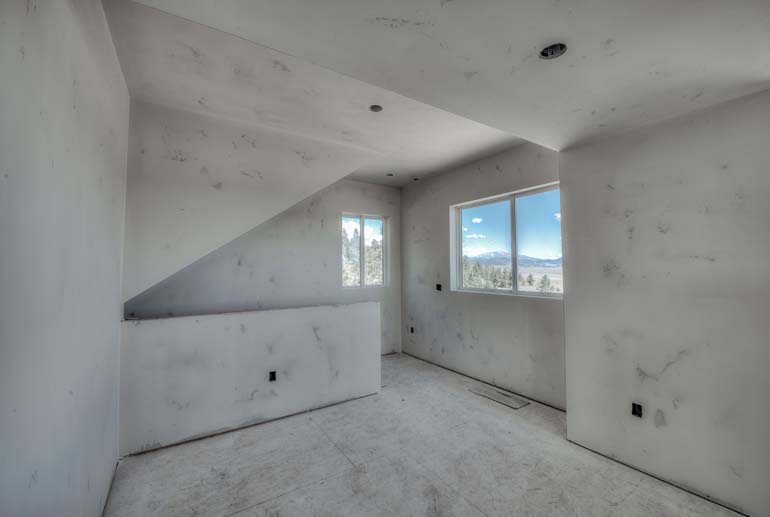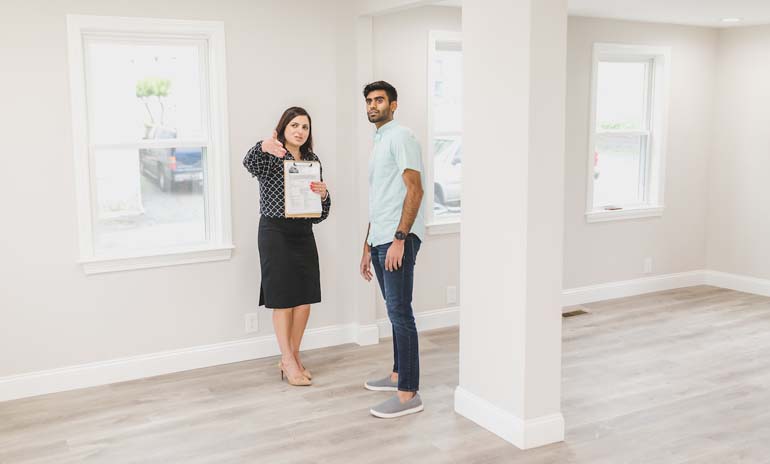Guest Author: Shirley Martin
Do you want to know how to turn your home into a long-term rental?
Selling your home provides you with a lump sum of cash that you can use to purchase another home, pay off bills, or put in your savings account. However, renting instead of selling can provide you with a steady stream of income while also allowing you to retain the value of your home.
This article presents 5 tips on how to help you turn your home into a long-term rental and become a successful landlord.
Let’s dive in!
1. Buy Landlord Insurance

While your tenants are responsible for their personal belongings, as the landlord, you are responsible for any damage to the building and for making sure tenants and their guests are safe on your property.
A landlord insurance policy combines coverage for damage to your property and liability insurance. According to experts, the most common liability claims are for injuries resulting from slips, damage from break-ins, and property damage from leaky pipes.
Landlord insurance provides financial protection against these types of claims.
2. Make Repairs Before You Rent


A property that is in poor condition may have trouble attracting renters or may fetch a lower rental price than a property in good repair.
Additionally, Bremer Whyte Brown & O’Meara, LLP notes that most states and some cities have laws that require landlords to maintain their rental property to a certain standard. If your property fails to meet these standards, you may face fines or other penalties.
Common repairs include installing or replacing smoke detectors, fixing water leaks, repairing HVAC systems, getting rid of pests, and ensuring electrical systems are safe.
3. Make Sure You Are Ready to Be a Landlord

LegalNature points out that being a landlord isn’t just sitting back and collecting rent checks. Landlords must make sure major and minor repairs are completed in a timely fashion.
They must also deal with finding, vetting, and collecting rent from tenants, handle any disputes between tenants, and various other duties. All of this requires both time and money.
If your rental needs expensive repairs and you don’t have the money to make them, you could find yourself in a bind, so make sure you have the resources you need before you decide to rent.
Consider lightening the load by hiring a property management company to collect rent, vet tenants, and arrange for maintenance and repairs.
4. Charge the Right Amount of Rent

If you set your rental price too high, your property may remain vacant. If you set it too low, you could lose money.
Add up all your expenses, including the mortgage on the property, taxes, utilities, repair costs, and how much it costs you to find and vet tenants. This is the minimum amount you must charge to avoid losing money.
Check the rental price of similar homes in the area to determine what a competitive rate is, and then adjust it for the profit you want to make.
5. Set Up a Limited Liability Company

Setting up an LLC for your rental business protects your personal assets from the liabilities of your business and provides you with greater flexibility.
Different states have different rules about setting up an LLC, so research the rules in your state and consult with an attorney or use a formation service to avoid expensive legal fees.
Running a rental business can be a good way to generate income; however, it is not without risks. Taking steps, such as setting up an LLC for your business, can help you more successfully transition into being a landlord.
And that’s it!
Before you go, you may also want to check out these related resources:





